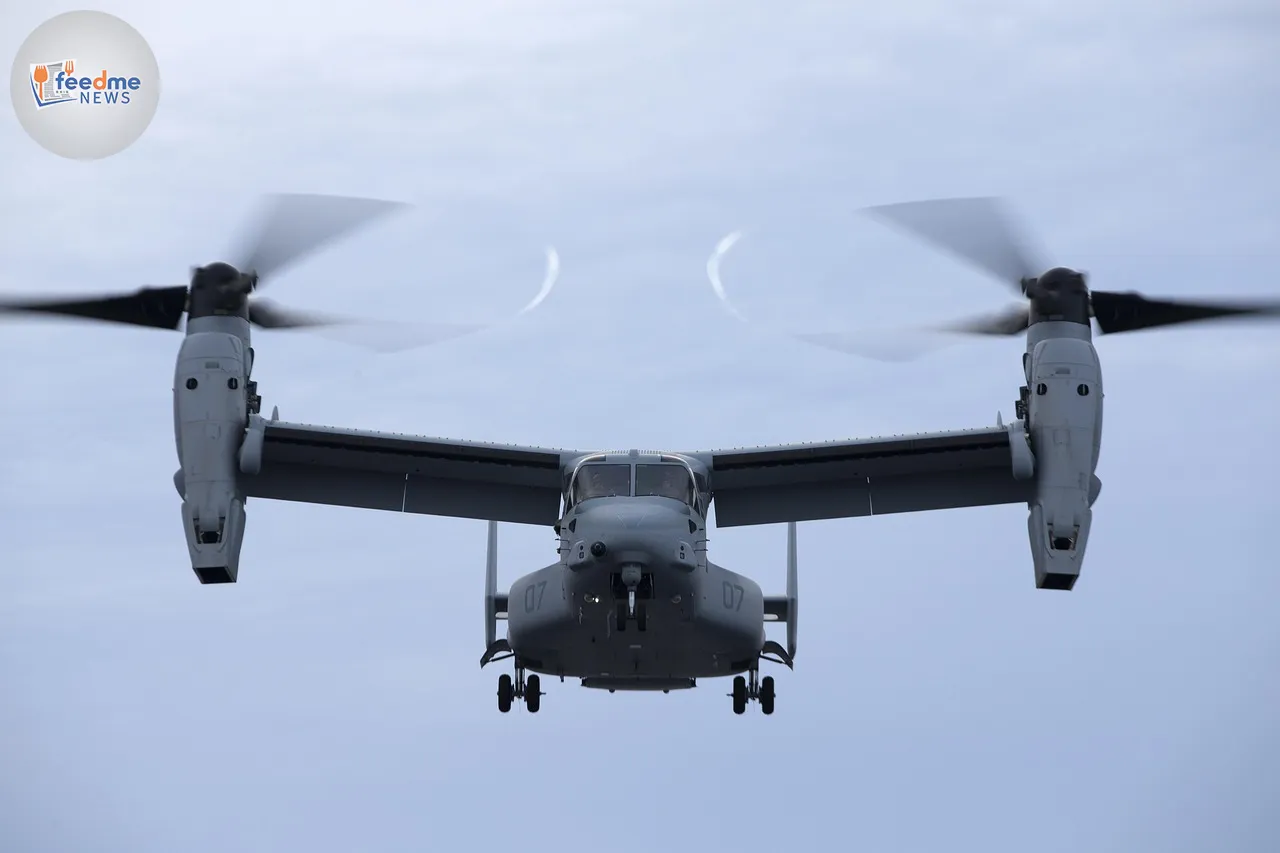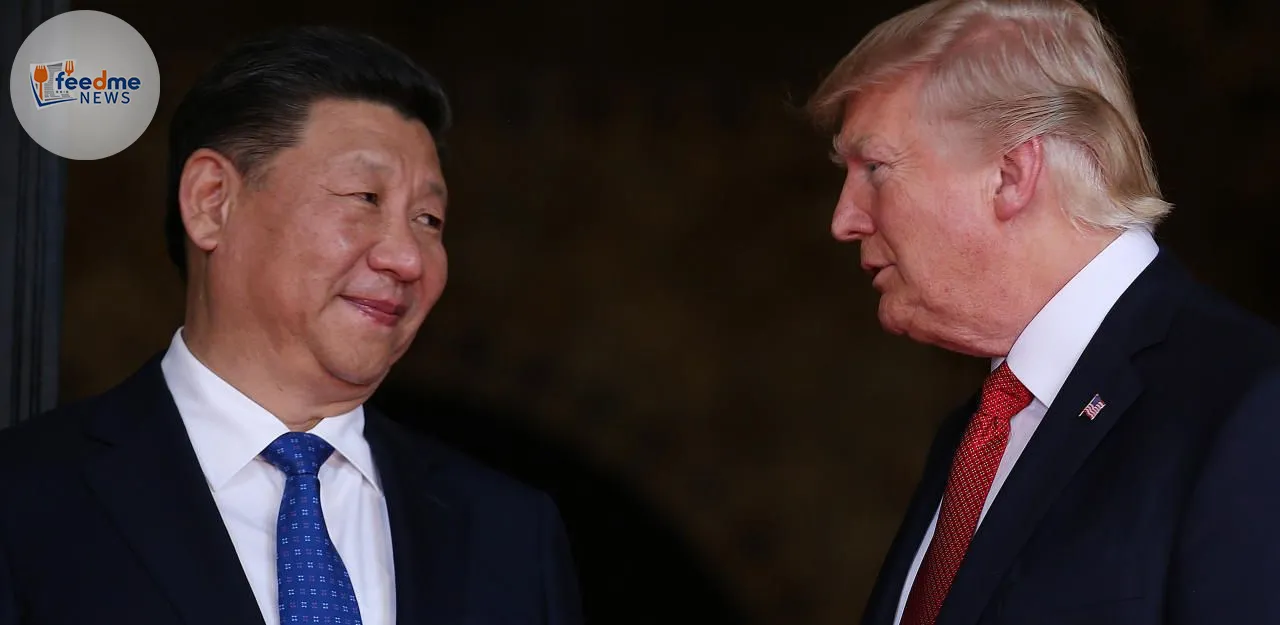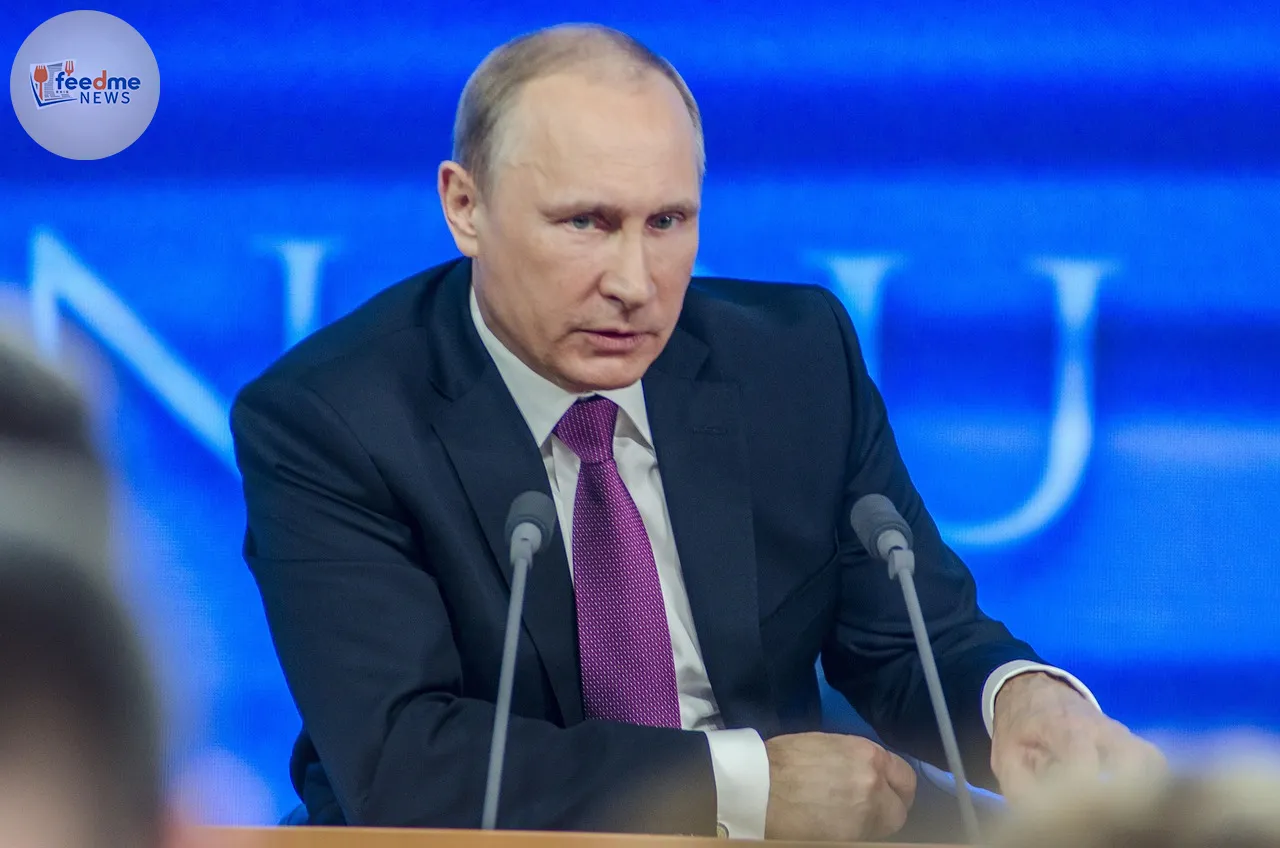US Defence Secretary Pete Hegseth’s decision to forgo a crucial meeting on military aid for Ukraine has drawn attention, but NATO officials insist it does not signify a waning commitment from the United States. Over 50 allies gathered in Brussels for the Ukraine Defence Contact Group meeting, reflecting the ongoing international support for Ukraine amidst its conflict with Russia. NATO Secretary General Mark Rutte addressed concerns regarding Hegseth’s absence, emphasising that the US remains fully committed to the alliance and Ukraine’s defence.
The meeting, held on 4 June 2025, comes at a pivotal time as Ukraine continues to face significant military challenges. While the absence of the US Defence Secretary was notable, the US ensured representation at the meeting through other senior officials, underscoring its strategic commitment to the region’s security.

NATO’s Unified Stance Amidst Challenges
The gathering of NATO allies in Brussels underscores the alliance’s unified stance in supporting Ukraine against Russian aggression. The Ukraine Defence Contact Group meeting served as a platform for allies to discuss military strategies and aid packages essential for Ukraine’s defence.
Mark Rutte reiterated the alliance’s solidarity, stating, “NATO remains steadfast in its support for Ukraine. The absence of one individual does not alter our collective resolve.” His remarks aimed to dispel any doubts about the alliance’s commitment, highlighting the unity among member states.
Despite the absence of the US Defence Secretary, discussions continued with a focus on enhancing military aid. This includes providing advanced weaponry and training to Ukrainian forces, who have been at the forefront of defending their nation.
Strategic Discussions and Military Aid
Key discussions centred around the logistics of military aid delivery and the types of support needed by Ukrainian forces. With the conflict in Ukraine showing no signs of abating, NATO allies are keen to expedite the delivery of crucial military assistance.
A senior NATO official, speaking on condition of anonymity, stated, “The focus is on ensuring that Ukraine receives the support it needs swiftly. Time is of the essence, and our commitment is unwavering.” The official highlighted the importance of a coordinated approach to aid delivery, ensuring that resources reach Ukrainian forces effectively.
The meeting also explored the possibility of further sanctions on Russia to deter its military aggression. Allies discussed the potential impact of economic measures alongside military support, aiming to pressure Russia into ceasing hostilities.
US Commitment and Representation
Although Pete Hegseth’s absence was a point of discussion, the US delegation assured allies of its unwavering commitment to NATO and Ukraine. Other senior officials represented the US at the meeting, participating actively in discussions and decision-making processes.
US Ambassador to NATO, Julianne Smith, addressed the media, stating, “The United States remains deeply committed to NATO and to supporting Ukraine in its time of need. Our representation at this meeting is strong, and our resolve is unshakeable.”
Smith’s comments were aimed at reinforcing the US’s strategic priorities in the region, assuring allies that the absence of the Defence Secretary does not equate to a diminished role in NATO’s efforts.
Implications for Ukraine and NATO
The outcome of the meeting holds significant implications for Ukraine and its ongoing defence efforts. As NATO allies continue to rally support, Ukraine’s military capabilities are expected to strengthen, potentially altering the dynamics on the ground.
Experts believe that the continued support from NATO will bolster Ukraine’s defence, potentially leading to a more favourable position in negotiations with Russia. Dr. Elena Kovalenko, an expert on Eastern European geopolitics, commented, “NATO’s unified support is crucial for Ukraine. It not only provides military aid but also strengthens Ukraine’s position in seeking a peaceful resolution.”
The meeting in Brussels serves as a testament to NATO’s enduring commitment to Ukraine, with allies unified in their efforts to support a sovereign nation facing external aggression.
Looking Forward: Strengthening Alliances
As the conflict in Ukraine persists, the importance of solidarity among NATO allies cannot be overstated. The meeting in Brussels highlighted the collective efforts to support Ukraine, with discussions set to continue in the coming months.
The ongoing commitment from NATO allies serves as a beacon of hope for Ukraine, as it continues to navigate the complexities of conflict and diplomacy. With military aid and strategic support, Ukraine’s path to peace and stability remains fortified by international alliances.
In conclusion, the absence of the US Defence Secretary at the recent NATO meeting underscores the importance of collective action and representation. As NATO allies continue to stand united, Ukraine can rely on the steadfast support of its partners in its quest for peace and sovereignty.






